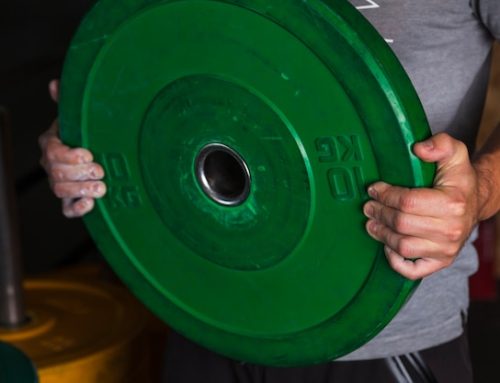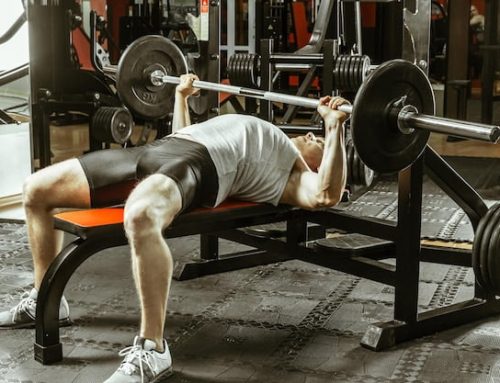The Importance of Protein in High-Rep Weightlifting
When it comes to high-rep weightlifting, protein is an essential nutrient that plays a crucial role in building and repairing muscles. But how much protein should you consume daily to support your muscle-building goals? In this article, we’ll explore the science behind protein intake and provide recommendations for those looking to optimize their gains.
Protein and Muscle Growth
Protein is comprised of amino acids, which are the building blocks of muscle tissue. When you lift weights, your muscles undergo microscopic damage that triggers a process called protein synthesis. During protein synthesis, amino acids are used to repair and rebuild the damaged muscle fibers, leading to muscle growth over time.
Protein Recommendations for High-Reps
The general recommendation for protein intake among athletes and bodybuilders is to consume between 1.2 and 2.0 grams of protein per kilogram of body weight per day. However, individuals performing high-rep weightlifting may require more protein to support their muscle-building goals.
According to a study published in the Journal of the International Society of Sports Nutrition, athletes performing high-rep weightlifting may benefit from consuming up to 2.5 grams of protein per kilogram of body weight per day. This higher protein intake has been shown to improve muscle growth, strength, and recovery.
Meeting Daily Protein Goals
Meeting your daily protein goals can be challenging, especially if you’re following a plant-based diet or have dietary restrictions. However, there are several strategies you can use to increase your protein intake and support your muscle-building goals.
One of the easiest ways to increase your protein intake is to consume protein-rich foods with every meal. These foods include lean meats, poultry, fish, eggs, dairy products, beans, lentils, and tofu. You may also consider supplementing with protein powder, which can help you meet your daily protein goals without consuming excess calories.
Timing Your Protein Intake
In addition to consuming enough protein, timing your protein intake is also important for muscle growth and recovery. Research suggests that consuming protein within 30 minutes of an exercise session can help stimulate muscle protein synthesis and optimize muscle growth.
To maximize the benefits of protein, it’s also recommended to consume protein throughout the day, rather than in one large meal. This ensures a steady supply of amino acids to your muscles, helping to support muscle growth and recovery.
Other Nutrients to Support Muscle Growth
While protein is essential for muscle growth, it’s not the only nutrient you need to optimize your gains. Carbohydrates are also important for providing energy during high-rep weightlifting sessions, while healthy fats can help support hormone production and overall health.
To ensure you’re getting all the nutrients you need for muscle growth, aim to consume a balanced diet rich in whole, nutrient-dense foods. This includes plenty of fruits and vegetables, lean proteins, complex carbohydrates, and healthy fats.
Finding the Right Balance
When it comes to building muscle, finding the right balance of protein, carbohydrates, and healthy fats is essential. While consuming more protein than your body needs won’t necessarily lead to greater gains, consuming too little protein can hinder your progress.
To optimize your gains, start by calculating your daily protein needs and adjusting your diet accordingly. From there, experiment with different sources of protein and timing strategies to find what works best for you.
Conclusion
Protein is a crucial nutrient for high-rep weightlifters looking to maximize their muscle growth and recovery. By consuming enough protein, timing your protein intake, and ensuring you’re getting all the nutrients you need, you can optimize your gains and take your training to the next level.






